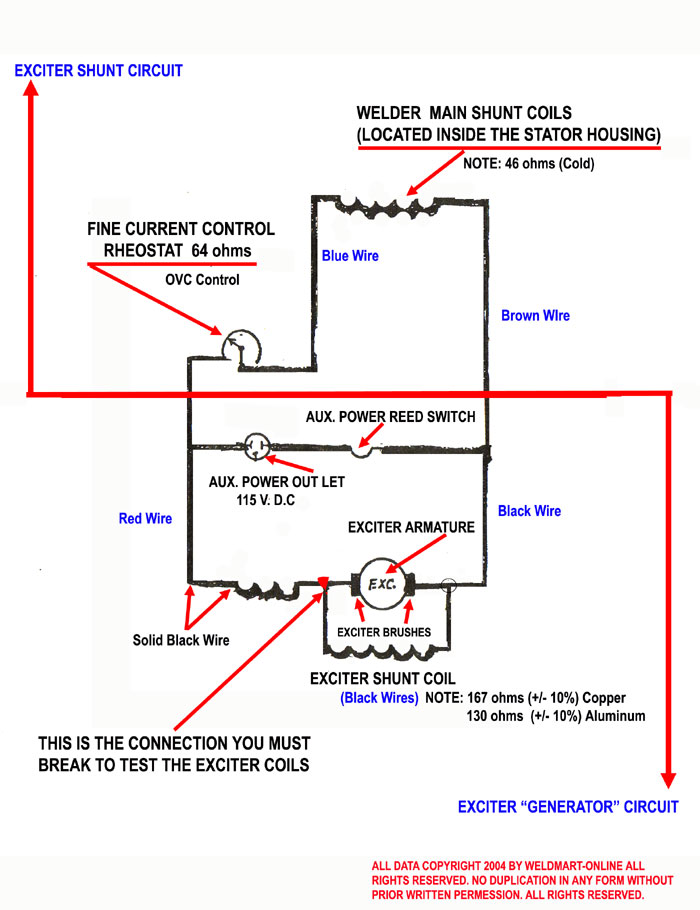When it comes to understanding the intricate electrical system of a Sa 200 welding machine, having a comprehensive wiring diagram is essential. The Sa 200 Wiring Diagram provides a visual representation of the electrical connections within the machine, helping mechanics and technicians troubleshoot electrical issues, perform maintenance, and make necessary repairs.
Why Sa 200 Wiring Diagrams are Essential
Sa 200 Wiring Diagrams are essential for the following reasons:
- They provide a clear visual representation of the machine’s electrical system.
- They help identify the different components and their connections.
- They assist in troubleshooting electrical issues quickly and accurately.
- They guide technicians in performing maintenance and repairs effectively.
- Start by familiarizing yourself with the diagram’s key or legend.
- Identify the different components and their symbols on the diagram.
- Follow the lines to trace the electrical connections between components.
- Pay attention to color codes and labels for easier understanding.
- Identify the specific area of the electrical system where the issue is occurring.
- Trace the connections to pinpoint the source of the problem.
- Refer to the diagram to understand how components are supposed to be connected.
- Use a multimeter to test for continuity and voltage at different points in the system.
- Always disconnect the power source before working on the electrical system.
- Wear insulated gloves and goggles to protect yourself from electric shocks.
- Follow proper lockout/tagout procedures to prevent accidental power-ups.
- Consult a professional if you are unsure about any aspect of working with electrical systems.
How to Read and Interpret Sa 200 Wiring Diagrams
Reading and interpreting Sa 200 Wiring Diagrams can be daunting for beginners, but with the right guidance, it can be simplified:
Using Sa 200 Wiring Diagrams for Troubleshooting
Sa 200 Wiring Diagrams are invaluable tools for troubleshooting electrical problems in the machine:
Importance of Safety
Working with electrical systems can be dangerous, so it is crucial to prioritize safety:
Sa 200 Wiring Diagram
LINCOLN SA200 WIRING

Understanding and Troubleshooting the Lincoln SA-200 DC Generator

How to Read and Understand the Lincoln SA 200 Wiring Schematic

lincoln sa200 wiring diagrams | Original SA-200 w/ auto idle and | main

lincoln sa 200 wiring schematic

Lincoln Sa 200 F163 Wiring Diagram – Wiring Diagram
